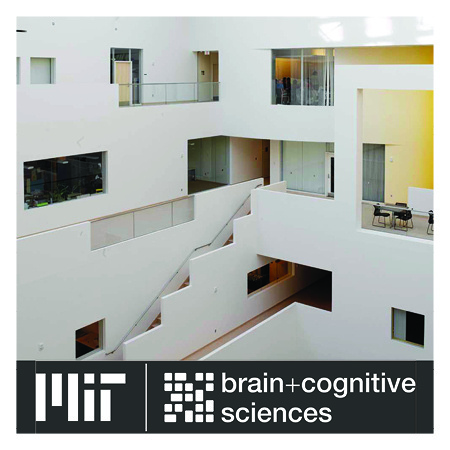
BCS Computational Tutorial Series
Description
Presenter: Cory Shain
Title: BCS Computational Tutorial Series: Continuous-time deconvolutional regression: A method for studying continuous dynamics in naturalistic data
Date: Feb 28, 2:30-4pm
Location: Building 46; BCS; Singleton 3002 and Zoom https://mit.zoom.us/j/92886651198
Abstract: Naturalistic experiments are of growing interest to neuroscientists and cognitive scientists. Naturalistic data can be hard to analyze because critical events can occur at irregular intervals, and measured responses to those events can overlap and interact in complex ways. For example, words come quickly enough during naturalistic reading and listening that the brain responses to words likely overlap in time, and inherent variability in word durations can make these responses difficult to identify from data. In this tutorial, I will present continuous-time deconvolutional regression (CDR), a new approach to analyzing naturalistic time series. CDR uses machine learning to estimate impulse response functions from data, but, unlike established methods like finite impulse response modeling, these functions are defined in continuous time. CDR can therefore directly estimate event-related responses in a range of naturalistic experiment types, including fMRI, EEG/MEG, and behavioral measures. The tutorial will demonstrate how to define, fit, and evaluate CDR models, how to test hypotheses in the CDR framework, how to visualize patterns with CDR, and how CDR can be used to relax a range of assumptions about time series data. These steps can be run from the command line using an open-source Python library, with no need for users to write any code.

